In 1995 a new avian species with unfamiliar markings, the Bourne swan, drew unexpectedly large crowds to a run-down old Islington theatre. I remember it well: seats in the gods were being worn so tight then that feet attached to long legs couldn't be placed on the ground and, negotiating a tolerable view downstairs at the box office, I missed 10 minutes of the display. Since then the very masculine Cygnus bourniensis has been sighted in unlikely places all over the worldand has now returned to overwinter in a more spacious and comfortable Sadler’s Wells. Rapid evolution over nearly two decades has only strengthened its attractiveness.
Perhaps, for once, I ought to put the orchestra and conductor first: not so much because they’ve failed to appear in recent Nutcracker reviews here but because I entered the auditorium last night expecting the pre-recorded and over-amplified if extremely well played soundtracks we’ve had for Bourne’s Cinderella and Sleeping Beauty, only to be greeted by the welcome sounds of tuning-up: a real orchestra again. Amplification remains an issue, to compensate partly for regional expectations of unnatural volume, which it seems craven to indulge, and also for the very small number of strings in the New Adventures pit band.
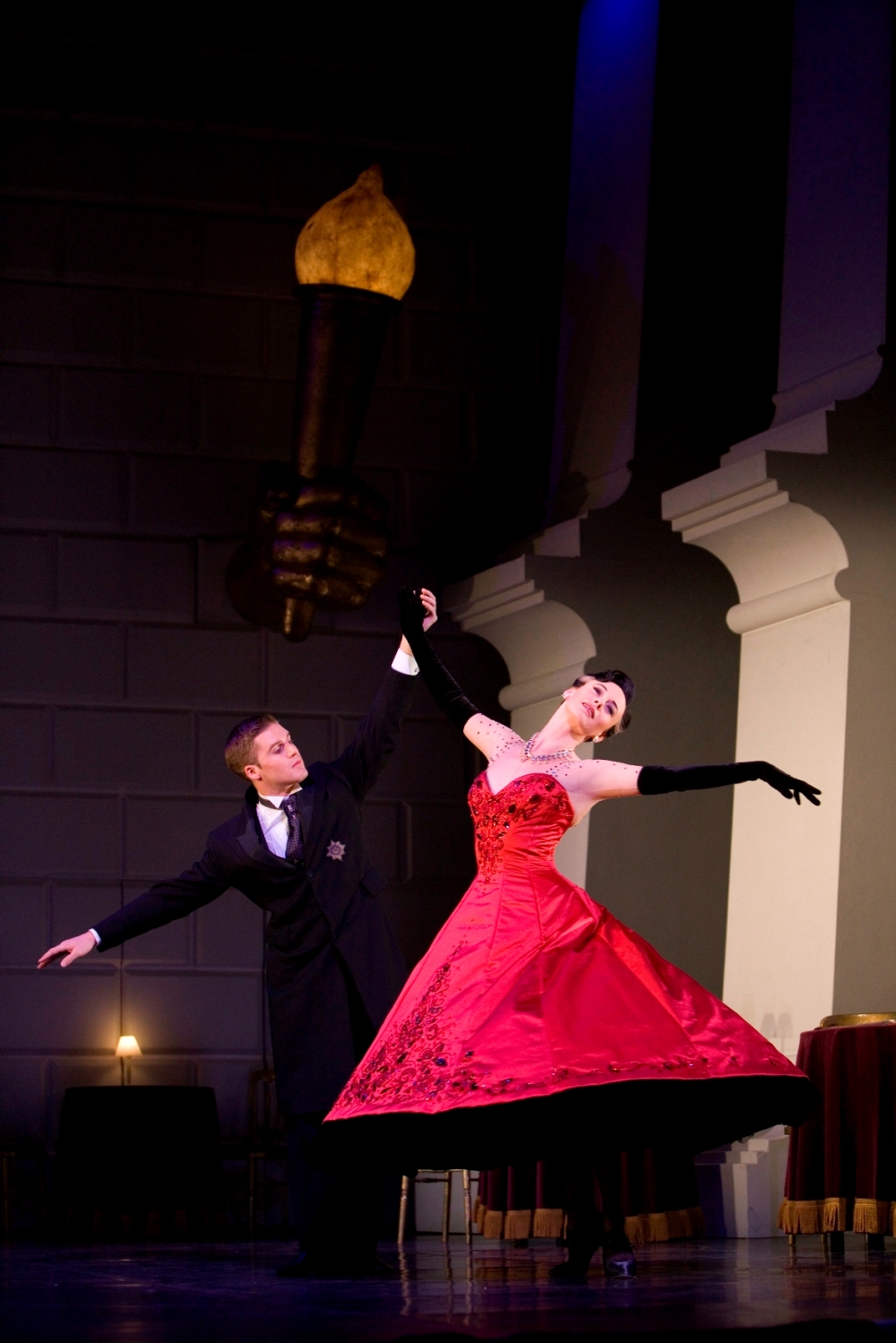
Yet if this places Tchaikovsky first so, too, does Bourne. His Swan Lake gives us infinitely more of the score than the disastrously cut and interpolated Drigo version made just after the composer’s death, which has remained all too current in ballet company repertoires due to the Petipa/Ivanov choreography it accompanies, now much bastardised in many cases.
Bourne manages to keep most of the Act One Pas de trois as a high-camp romantic command performance, colourful against the prevailing blacks and whites in Lez Brotherston's enduring designs as well as funny – and who would have thought the whole act could work as an ever-fresh narrative of unhappy royalty?

Namely those two-thirds feral, one-third human swans, as energetic as ever in this fine-tuned revival. Jonathan Ollivier’s leader towers in relation to his entourage as a prima ballerina like Svetlana Zakharova, all exquisite long arms (Meazza has those, too) and aristocratic grace, has long done at the Mariinsky and the Bolshoi. Dominating the sweet, troubled prince of Simon Williams – who’s also danced the Swan – Ollivier (pictured below with Sam Archer's Prince by Hugo Glendinning) mesmerizes with his rapid head movements and elongated profile. The great Pas de Deux still moves me: how astonished Tchaikovsky would have been to see a love duet between two men, and how much more than ever he needs help now. As the Act Three Stranger – read Odile the Black Swan – Ollivier is perhaps strip-cartoon sexy where Adam Cooper was stylishly menacing, but here’s a major presence and a powerful dancer, no doubt.
 Williams (in first picture with Saranne Curtin's Queen) has the harder job of sustaining the narrative but carries Bourne’s vivid story-telling along with the face-made-for-comedy of Kerry Biggin as the Essex girl who angles for him. And never forget that Bourne provides bravura solos for the foreign “princesses” at the ball, in an almost exhausting display of panache before the brilliant “Black Swan” Pas de Deux (read Trois).
Williams (in first picture with Saranne Curtin's Queen) has the harder job of sustaining the narrative but carries Bourne’s vivid story-telling along with the face-made-for-comedy of Kerry Biggin as the Essex girl who angles for him. And never forget that Bourne provides bravura solos for the foreign “princesses” at the ball, in an almost exhausting display of panache before the brilliant “Black Swan” Pas de Deux (read Trois).
In the high tragedy of the last act, where Bourne gives us all of Tchaikovsky’s symphonic sequence, there’s perhaps a bit too much eked-out cygnine aggression in the absence of a single evil figure to combat. But the end convinces, and crowns a Swan Lake for the ages. Petipa-Ivanov’s Act Two vision in white is immortal, too, so let’s just be thankful that we can treasure both styles.

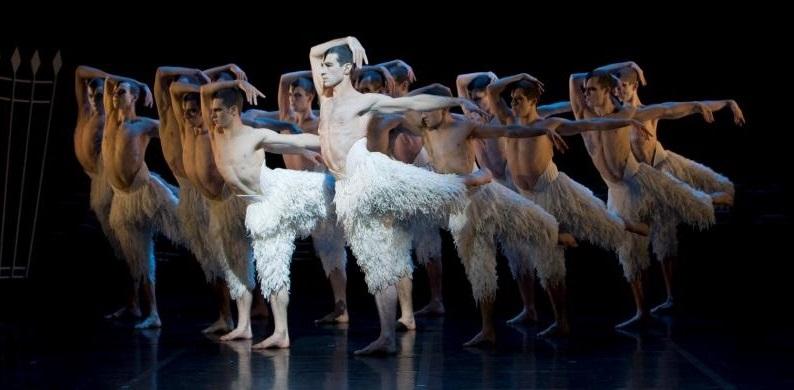



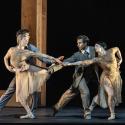
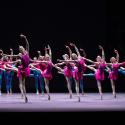
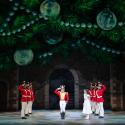
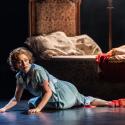





Add comment